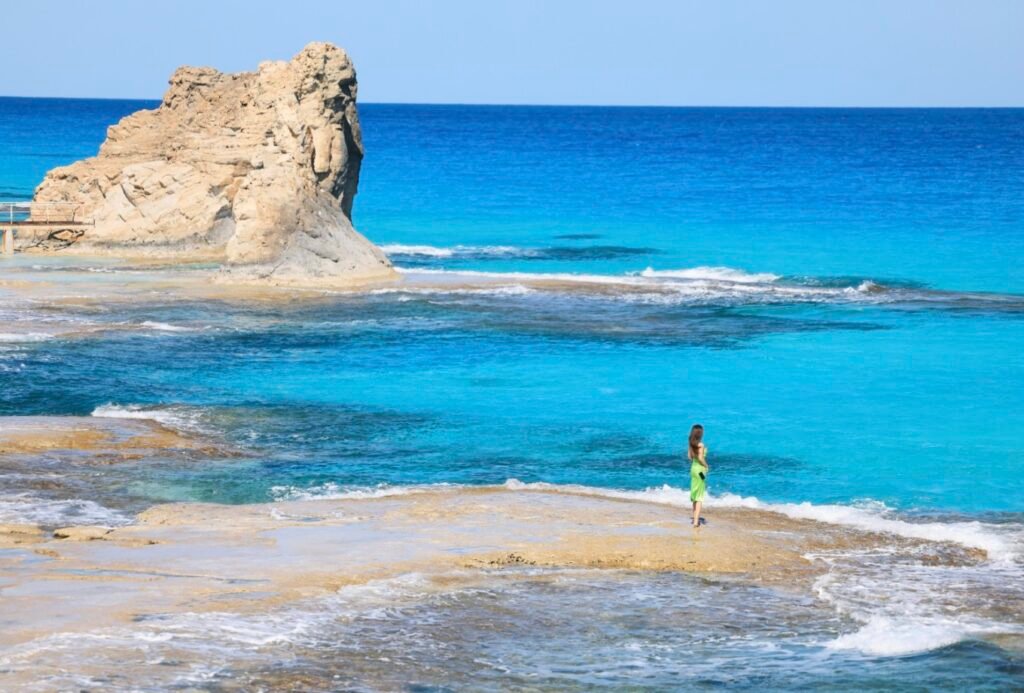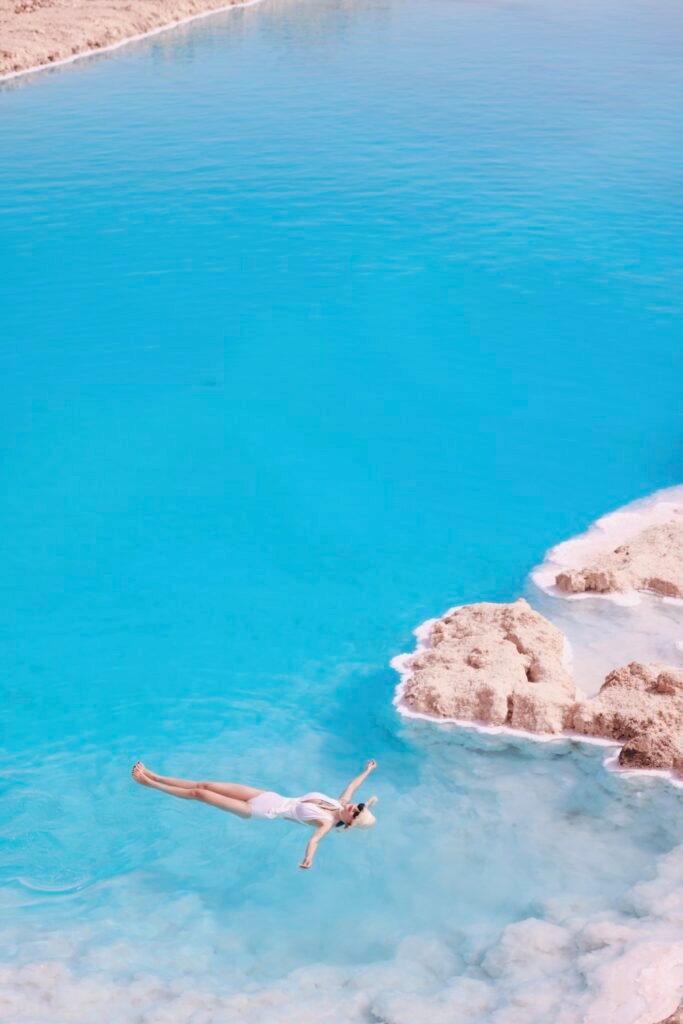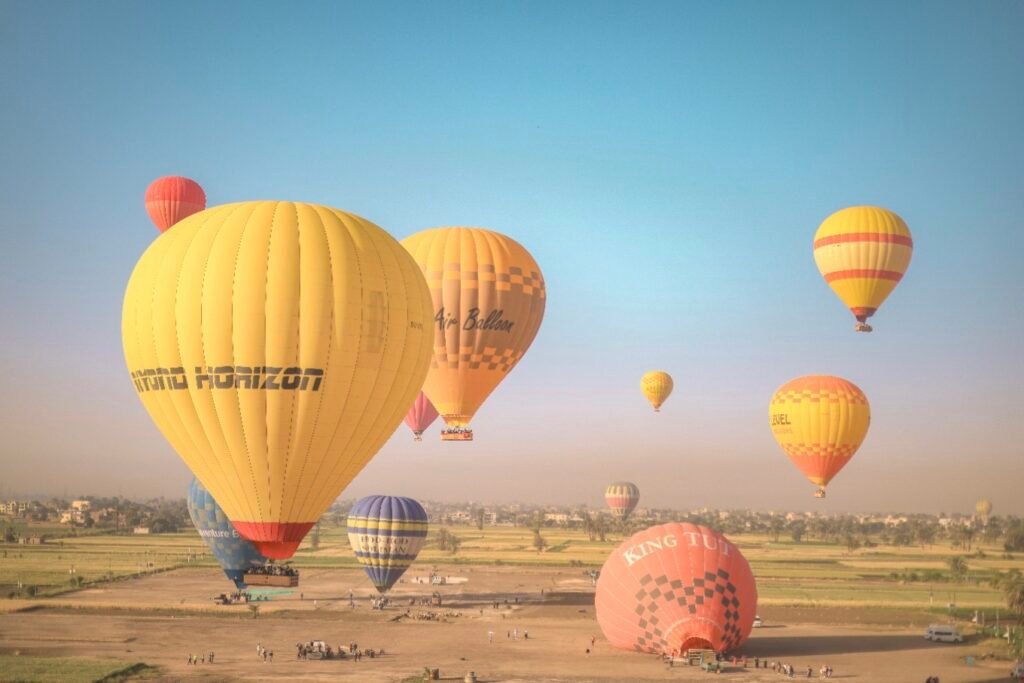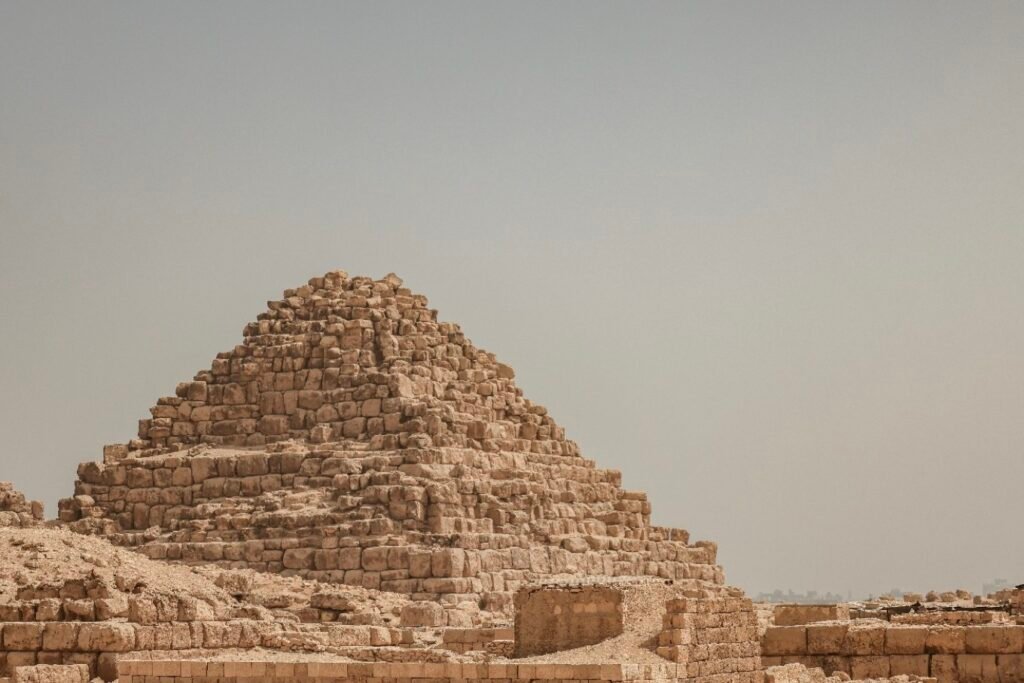The ancient Egyptians noticed early on that, every year, the Nile’s floods would bring life back to the parched land.
Each day, the sun rises in the east and sets in the west, only to rise again the next day, in a never-ending cycle.
They believed that human life followed a similar pattern: birth, growth, death, and then, rebirth.
While we now understand that this final step—rebirth—is purely imaginative, it represents a crucial milestone in human civilization.
Moreover, starting with such imagination led to real-world achievements, like the grand pyramids.



Unlike the Egypt you might imagine, this place is devoid of ancient ruins and civilization. It’s a quiet, tiny town with stunning scenery.
Matruh is like a hidden gem, a neighbor with breathtaking beauty that’s not widely known.
This unassuming city might just offer you the most mesmerizing Mediterranean views. Most visitors come with just one goal in mind—seeing the sea! The jelly-blue waters here are among the most awe-inspiring in Egypt and even the world.

Egypt’s Siwa Oasis

If you get the chance, definitely take a romantic hot air balloon ride in Luxor. Capture the magic of the world waking up in the early morning light, and drift over the hills, deserts, ancient sites, and fields along the Nile River under the sunrise!

The Giza Pyramids





Such grand structures were not built for the living—doesn’t that seem a bit odd? Egypt has over a hundred pyramids, all built on the west bank of the Nile. Why are they all concentrated on the west? Because the Egyptians believed that the west, where the sun sets, symbolized death.
About ten thousand years ago, Egyptian society was still in its primitive tribal stage. The regular flooding of the Nile brought fertile silt, making agriculture prosperous for the Egyptians. They were happy because nature provided them with ample food. To the north of Egypt is the Mediterranean Sea, and on either side of the river valley and to the south is the Sahara Desert. This natural geographical barrier meant that ancient Egyptians rarely had to worry about foreign invasions. Their main concern in life was death.
Ancient Egyptians noticed early on that the Nile’s annual flooding restored life to the parched land. Every day, the sun rises in the east and sets in the west, only to rise again the next day. They believed human life followed a similar pattern: birth, growth, death, and then, a step beyond—rebirth.
Of course, we now know that rebirth is purely a concept. But imagining a way to transcend death was a crucial milestone in human civilization. Moreover, this imagination led to real-world achievements, like the awe-inspiring pyramids.
Alexandria—Egypt’s Cultural Gem
Alexandria feels more like a reflection of Roman culture. During our visit, we focused on the Alexandria Library and the Citadel of Qaitbay.
The Alexandria Library has a long history, said to date back to China’s Spring and Autumn period. Of course, what we see today is a modern reconstruction, but the atmosphere inside still leaves a lasting impression, reminding us that while time fades, the spirit endures.
The Citadel of Qaitbay, a staple of Alexandria’s sightseeing, is also worth visiting, especially with its historical background in mind. The white structure, blazing sunlight, and the blue waters of the Mediterranean create a stunning scene—no wonder Alexandria is known as the “Bride of the Mediterranean.”
If you want to immerse yourself in Egypt’s ancient culture, Aswan is the best place to visit. Although summer temperatures can soar up to 46°C, the remnants of the Nile’s influence there feel the most authentic. The people seem like characters from ancient texts, which made Aswan my favorite city on this journey through Egypt.
Marsa Matruh also offers a glimpse into authentic Egyptian life, with simplicity and nature as its most striking characteristics. On the other hand, Hurghada and Alexandria feel more like blends of ancient Roman and Arab cultures, with their modern, free, and romantic atmospheres.
I sometimes lament the gradual disappearance of ancient Egyptian culture. If not for the efforts of Europeans to protect it a century ago, it might have vanished entirely by now. It’s sobering to think that the preservation of a nation’s cultural heritage had to rely on external forces, which reflects a fragility in safeguarding such a rich legacy.
Alexandria, Egypt, located in northern Africa, faces the Mediterranean and backs onto the Nile Delta, is a city with unique charm.
As you enter the city, the vast Mediterranean Sea immediately greets you. The water is incredibly clear, with jewel-like colors that transition from deep blue to light blue as you approach the shore. White waves roll in one after another.
When in Alexandria, the first stop should be the Bibliotheca Alexandrina. This library was built in honor of Alexander the Great.
Alexander aimed to make the city a cultural hub of the world during his lifetime, but his vision was left unfulfilled. After his passing, his friends helped make this dream come true in his memory.
The large stone carving at the front of the library is engraved with writings from around the world, including many ancient scripts that have long disappeared.


The Qaitbay Citadel, standing by the Mediterranean, was once used by Alexander as a coastal defense fortress. Built on the site of an ancient lighthouse, it extends out into the sea and boasts incredibly strong construction. After over 800 years of weathering, it remains sturdy and resilient.




If conditions allow, Egypt is worth visiting in the winter. Of course, winter is also a peak tourist season, so prices may be higher, but the overall experience will likely be more comfortable.
Some people ask whether Egypt is suitable for independent travel. In my opinion, it is. The country is relatively safe, and most of the people you encounter are kind-hearted. However, I would recommend independent travel mainly for those with extensive experience in traveling abroad. If you’re a beginner, it might be better to join a tour group. Either way, most people in Egypt understand the needs of tourists and are prepared to accommodate them.
Lastly, thank you all for your attention and support. I hope my travel journals can provide helpful insights for more travelers in the future!


